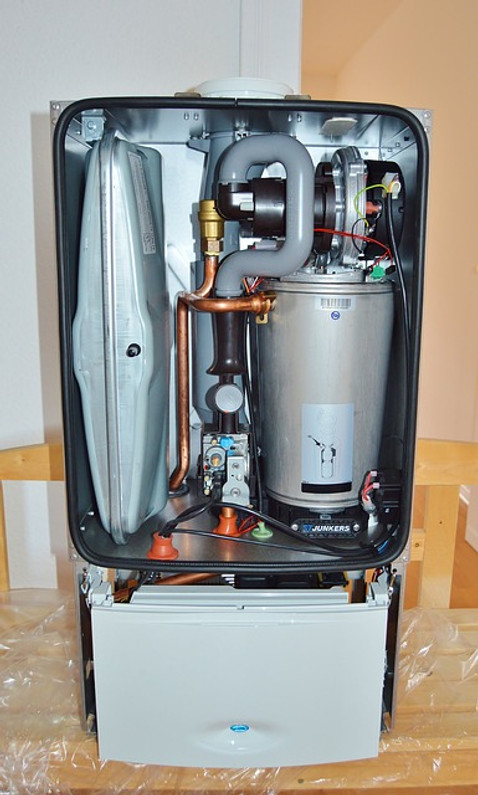Water Heaters: 5 Safety Tips to Protect You and Your Family From Disaster
A functional water heater is something that many homeowners take for granted. When you turn on a water faucet in your kitchen or bathroom, you probably expect the water to come out hot. The water heater, of course, is responsible for this task. It will heat the water before dispelling it out the faucet. Water heaters can fail, however. Depending on the type of failure, they can even pose a serious safety hazard. Fortunately, there are several safety tips you can follow to protect you and your family from water heater-related disaster.
#1) Inspect for Corrosion
Try to get into the habit of inspecting your water heater for signs of corrosion at least once every few months. Most water heaters are made of steel or a similar iron alloy. Because they contain storage tanks for water, though, they are often susceptible to corrosion. Your water heater may rust and corrode over time. As corrosion settles in, it can increase the risk of an explosion. Corrosion can penetrate through pressurized water heaters, causing them to explode.
#2) Remove Fire Hazards
In addition to inspecting your water heater for signs of corrosion, you should remove fire hazards from the area in which it's installed. Maybe your water heater is installed in the basement, or perhaps it's installed in the laundry room. Regardless, you should remove all fire hazards from the surrounding space. Fire hazards include any flammable or ignitable liquids, substances and materials. If the hot water leaks out of the tank, it could catch fire. Removing fire hazards will create a safer environment that protects you and your family from disaster.
#3) Adjust Temperature Settings
When was the last time that you adjusted the temperature settings on your water heater? If it's been a while -- or you've never adjusted it -- you should take a moment to do so. Adjusting the temperature settings on your water heater will give you greater control over the water temperature. More importantly perhaps, it will prevent your water heater from getting too hot.
#4) Use a Carbon Monoxide Detector
Assuming you have a gas-powered water heater, you should use a carbon monoxide detector. Gas-powered water heaters do, in fact, produce carbon monoxide. Normally, they'll exhaust the carbon monoxide through a ventilation system so that it exits your home. If there's a blockage or other obstruction within the ventilation system, though, carbon monoxide may build up inside of your home to dangerous levels.
#5) Get a Professional Inspection
There's only so much you can do to ensure the safety of your water heater. Water heaters are complex appliances that, like air conditioning systems, require professional servicing. You can contact a professional to have your water heater inspected. They'll be able to perform a thorough inspection so that failures or faults don't go unchecked.
Recent Posts
-
Fire Safety in the Workplace: What You Need to Know
What steps are you taking to prevent fires in your workplace? According to the U.S. Occupational Saf …Aug 23rd 2023 -
Is It Safe to Go Jogging With a Cold Infection?
If you're suffering from a cold infection, you might be wondering whether it's safe to go jogging. T …Aug 22nd 2023 -
5 Safety Tips to Follow When Using a Powder-Actuated Tool
Powder-actuated tools are commonly used to join materials to steel and concrete. Also known as Hilti …Aug 20th 2023




